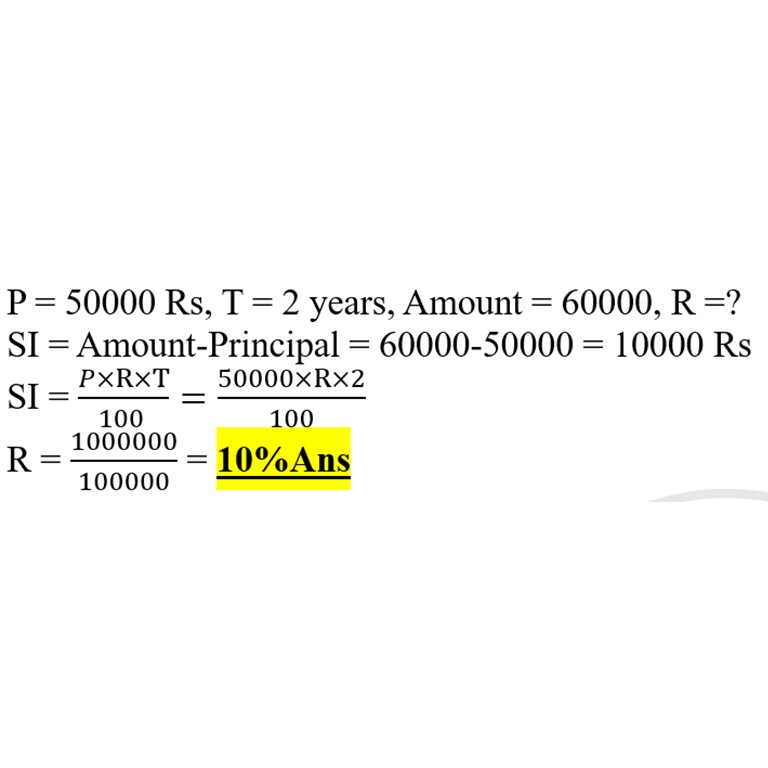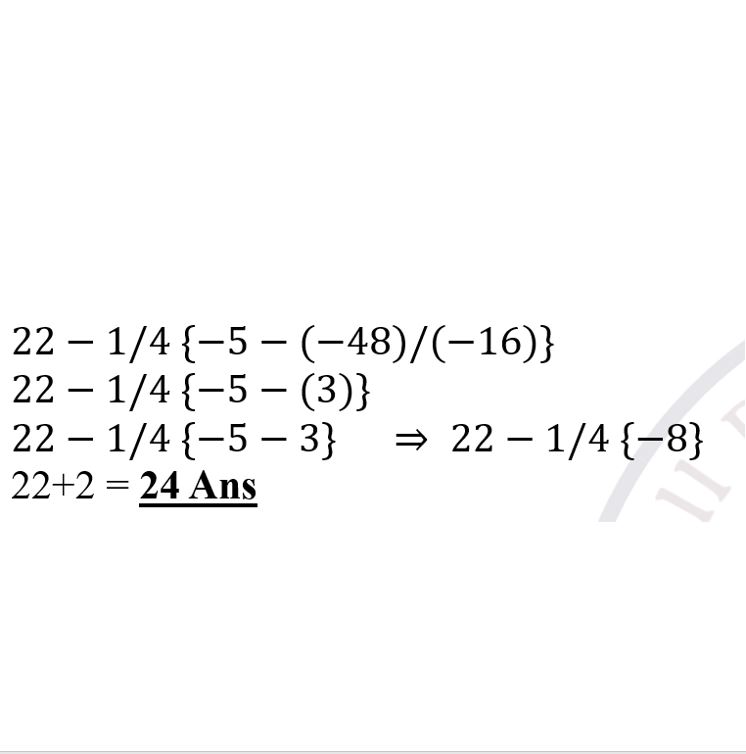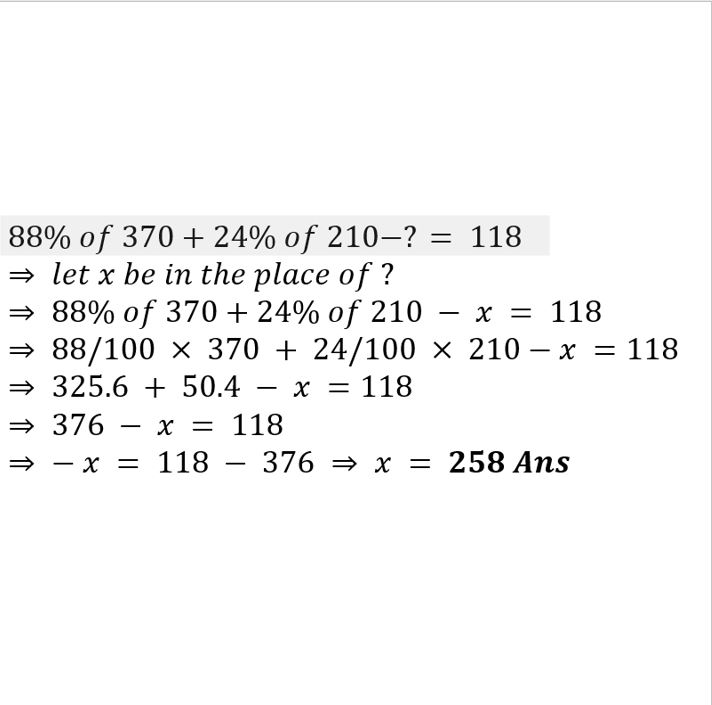How to Insert Elements in Python List Using insert() Method?
The insert() method allows you to add an element at a specific position in the list. You can choose where exactly the new element should be placed by providing an index.
Syntax for insert() method in list:
list_name.insert(index_number, new_element)
in this,
- index_number : The position where the element will be inserted.
- new_element: The element you want to add to the list.
Example:
lst = [10, "hello", "new", 100, 20]
lst.insert(2, 500)
print(lst)
Output:
[10, 'hello', 500, 'new', 100, 20]
=== Code Execution Successful ===
Explanation:
Is insert() method replace the existing element?
It does not replace the existing element at the given index but shifts all elements to the right to make space for the new element.
How do you insert an element at the beginning of a list using insert()?
To insert an element at the beginning, use 0 as the index value.
Example:
my_list = [10, 20, 30]
my_list.insert(0, 5)
print(my_list)
Output:
[5, 10, 20, 30]
=== Code Execution Successful ===
How do you insert an element at the end of a list using insert()?
Although append() is the preferred method to add elements to the end, you can use insert() with the index equal to the length of the list.
Example:
my_list = ["hello", "the", "eagle"]
my_list.insert(len(my_list), "eye")
print(my_list)
Output:
['hello', 'the', 'eagle', 'eye']
=== Code Execution Successful ===
How do you use negative indices with the insert() method?
Negative indices allow you to insert elements relative to the end of the list. For example, -1 means inserting just before the last element.
Example:
my_list = ["hello", "the", "eagle", 200, 50]
my_list.insert(-1, "eye")
print(my_list)
Output:
['hello', 'the', 'eagle', 200, 'eye', 50]
=== Code Execution Successful ===
What happens if you insert an element beyond the list length using insert()?
If you provide an index greater than the list length, the element will simply be added to the end of the list.
Example:
my_list = ["hello", "the", "eagle", 200, 50]
my_list.insert(30, "eye")
print(my_list)
Output:
['hello', 'the', 'eagle', 200, 50, 'eye']
=== Code Execution Successful ===
Can you insert an element in an empty list using insert()?
Yes, you can insert an element in an empty list using insert(). If the index is 0, the element will be added as the first item.
Example:
my_list = []
my_list.insert(0, "theagleye")
print(my_list)
Output:
['theagleye']
=== Code Execution Successful ===
Can you use insert() to insert multiple elements at once?
No, insert() only inserts a single element at a time. If you want to add multiple elements, you can use extend() or list concatenation.
But, If you have multiple elements wrapped in a list (or another iterable), you can use the insert() method to add all these elements as a single item at a specified position in the list. This doesn't flatten or unpack the data; instead, it inserts the entire list (or iterable) at the given location.
Example:
my_list = ["hello", "the", "eagle", 200, 50]
my_list.insert(2, ["eye", "new", 60])
print(my_list)
Output:
['hello', 'the', ['eye', 'new', 60], 'eagle', 200, 50]
=== Code Execution Successful ===








Leave a comment
You must be logged in to post a comment.